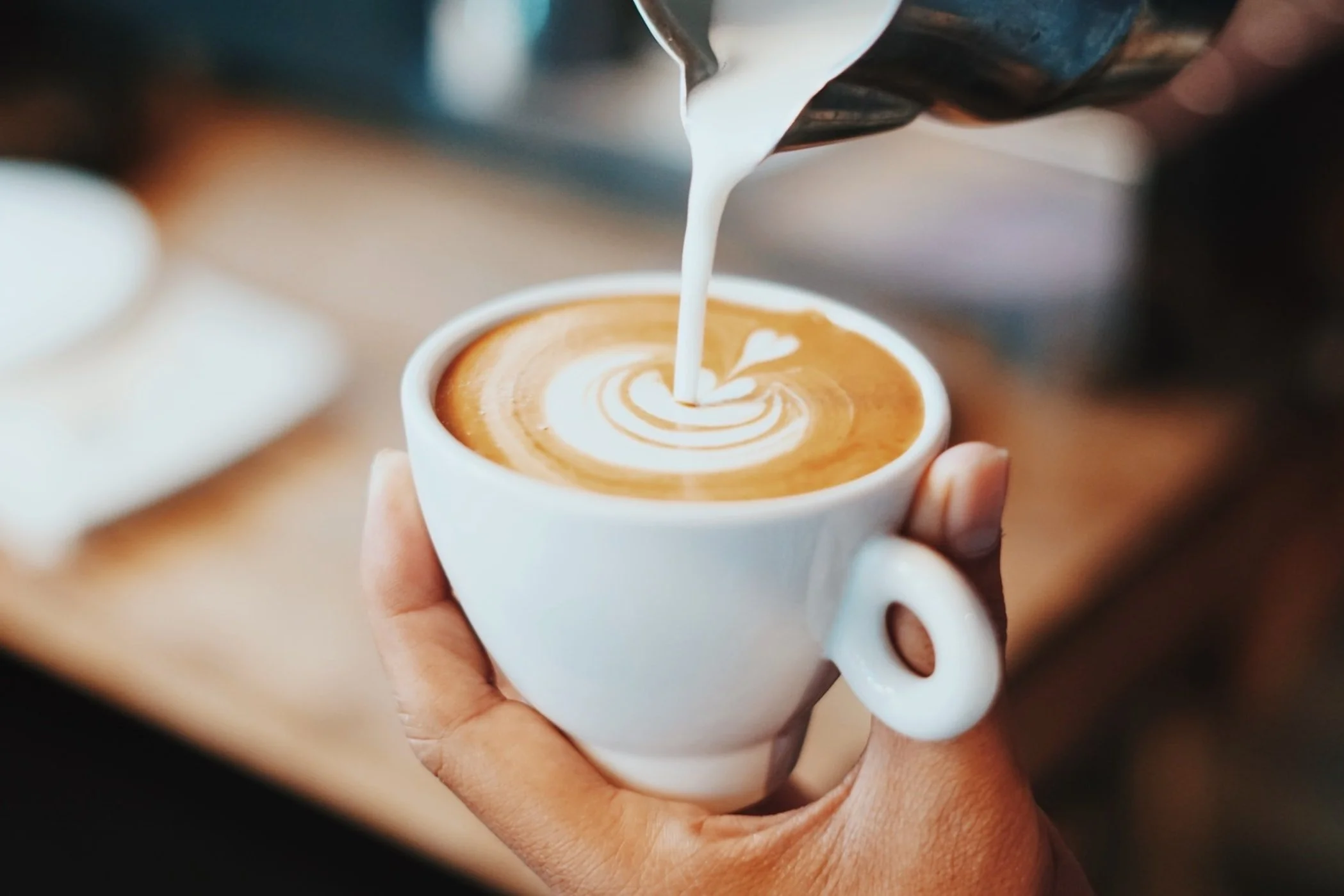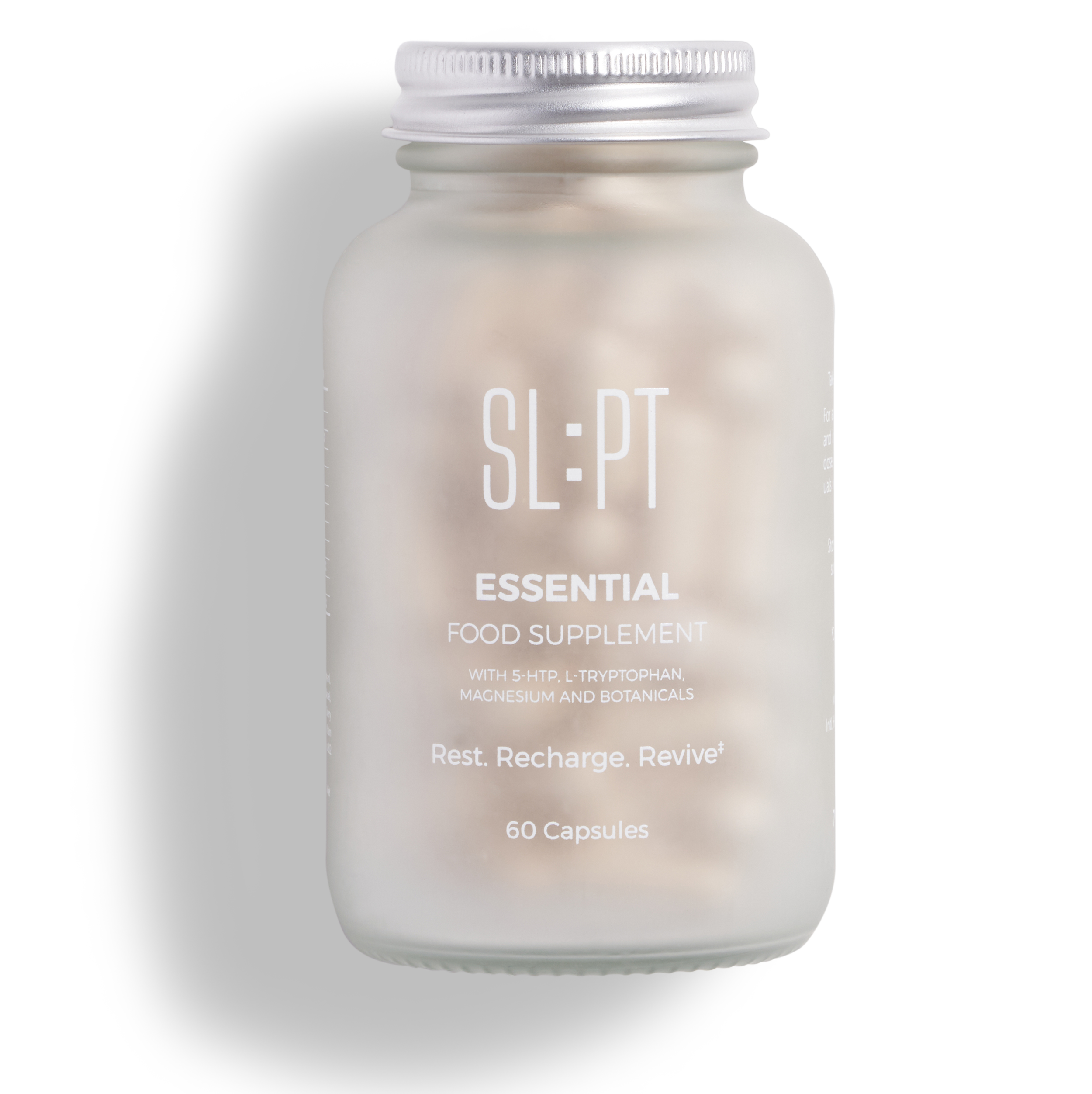Why Your Diet Might be Causing Your Insomnia
What we eat during the day gives us energy – but did you know that it could be impacting our sleep? We often consider how certain foods may affect our health, but it is less common for us to consider what our eating and drinking habits might be doing to our ability to get a good night’s sleep. In this article, we will explore some common insomnia-inducing foods that might be causing your sleep problems…
Caffeine and Sleep
Caffeine is a common factor affecting our sleep. Our love for coffee and consumption of energy drinks has been growing steadily within the U.K. over the last few years. We also find caffeine appearing in less-considered foods & drinks. It often appears in alcoholic drinks, chocolate & confectionery, ice creams, puddings and energy drinks.
Caffeine gives us energy by blocking the neurotransmitter Adenosine in our brain. But the downside to this is that ‘Adenosine‘ is the chemical that makes us feel sleepy – so when it is blocked, we continue to feel awake and energised. This is great for those early mornings, but not so great when you are struggling to sleep. The effects of caffeine and how long they last will likely surprise you. The ‘half-life‘ (the amount of time it takes for the total amount of caffeine in the body to reduce by half) is six hours -and the time it takes to eliminate caffeine from the body is much longer. So that late afternoon caramel latte isn’t just a short-term pick-me-up, the effects will last until you are ready to hit the hay.
Cutting out caffeine completely might not be practical – and definitely not fun if you have a love of coffee like us. A helpful tip for better sleep is to keep caffeine intake to the first half of the day. This gives your body enough time to properly filter it out before bedtime, allowing for a good night’s sleep. Mental Health / Depression and insomnia.
Mental health disorders are a double-edged sword when it comes to sleep. Depression and anxiety may make it difficult to fall asleep, but in reverse lack of sleep can worsen or increase your chances of suffering depression. Symptoms of insomnia are common in individuals affected by these disorders. Prescriptions used to treat these disorders, such as Fluoxetine/Prozac, can lead to side effects when it comes to your sleep. Be sure to speak to your doctor to find the right medication for you.
Alcohol and Sleep
Sorry for being the bearer of bad news – but alcohol consumption also affects our sleep. Alcohol acts as a sedative depressing our nervous system, so it will make us drowsy and fall asleep faster, but sedatives do not provide good quality sleep. Alcohol will prevent proper ‘REM’ sleep cycles, increasing the number of sleep disturbances, and the likelihood of getting up during the night.
Reducing alcohol intake and avoiding consumption close to bedtime can be two helpful tips for reducing sleep disturbances. The more time our bodies have to process the alcohol before sleeping, the more high-quality sleep we will get – so it’s worth the trade-off.
Sugar and Sleep
Sugar is incredibly prevalent in modern diets – and its impact on sleep quality is often not considered.
Desserts and midnight snacks are comforting and tasty too – but they are also filled with refined sugar. Late-night sugar consumption causes a spike in our blood glucose levels and triggers our body to get ready for activity – not sleep. Metabolising sugars also reduces our natural levels of magnesium, which is an important component of proper sleep. Avoiding late-night snacks high in sugars can be beneficial – your evening snack can be replaced with foods that help promote better sleep.\
Foods That Could Improve Your Sleep Quality
While many foods will negatively impact our sleep, some foods help promote healthy sleep patterns. Some foods and nutrients help regulate and release sleep-inducing hormones so let’s explore some positive sleep foods.
Melatonin is a hormone that naturally occurs in our bodies to regulate our circadian rhythm (our body’s internal clock). Melatonin can be found in tart cherries/cherry juice, eggs, berries, and nuts.
Tryptophan is an amino acid found in proteins that helps to cause sleepiness at night. Lean meats that are high in protein such as white fish and skinless chicken are high in tryptophan.
Magnesium is an important element in the regulation of the nervous system. Low levels of magnesium are connected with insomnia and poor sleep quality. Foods high in magnesium include dark green veggies (broccoli, kale, spinach), Nuts (almonds, cashews, and Brazil nuts), and Seeds (pumpkin seeds, flax seeds, and chia seeds).
SLPT Products to Help with Sleep Quality
Putting It All Together
High-quality sleep is an important part of health. Our diet is closely connected to all aspects of our health including our nightly slumbers! Understanding foods that negatively impact our sleep patterns is the first step to improving our sleep quality. Whenever possible, try reducing the amount of harmful sleep-impacting foods you consume, or try having them earlier in the day this will help reduce insomnia.










Our ultra soft 100% cotton eye mask is the perfect accessory for supporting a great night's sleep.